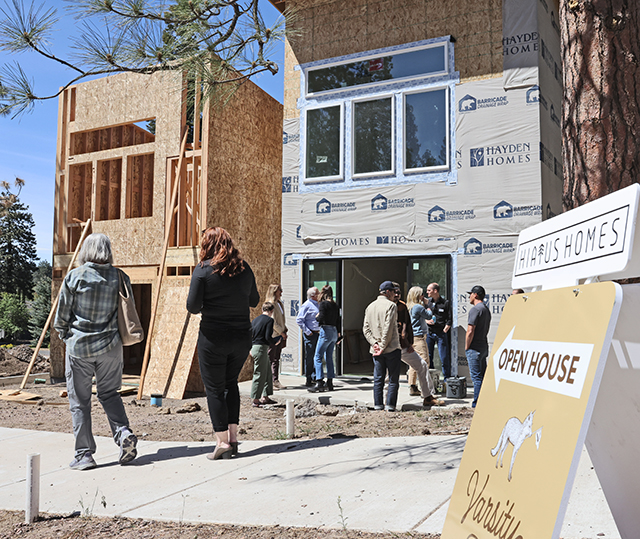Stevens column: Legal aid an important piece of justice
Published 12:00 am Friday, March 15, 2019

- (123RF)
They’re the civil law version of public defenders, and as such, legal aid lawyers in Oregon are a critical part of the judicial system.
Like those criminal-law counterparts, legal aid lawyers provide legal services to those who otherwise couldn’t afford them. They don’t handle all sorts of civil cases, to be sure, but they do represent poor Oregonians faced with potentially life-changing legal problems.
Thus legal-aid lawyers help low-income Oregonians with landlord problems, those owed wages or facing job discrimination and those with severe financial problems. They help the elderly with problems of abuse and long-term care, and they help parents having difficulties with local special education programs and farmworkers facing dangerous working conditions. They’re there for those having difficulty getting government benefits to which they’re entitled. And, they help families with domestic abuse problems.
In fact, says Monica Goracke, executive director of the Oregon Law Center, that organization and Legal Aid of Oregon are the nonprofits that have lawyers in or near most Oregonians. The Center for NonProfit Legal Services in Jackson County serves just that county. Together, the three are sort of the legal-services emergency rooms of Oregon, helping the desperate when they need help the most.
Unfortunately, there’s not enough money to go around, and that’s a problem, according to the Barriers to Justice report issued in February by the Oregon State Bar, the Oregon Judicial Department and others.
Thus, while legal aid lawyers assisted about 28,500 Oregonians in 2017, offices around the state could not help all those who sought assistance, and, Goracke says, they had to turn would-be clients away.
Oregon’s legal aid providers get their money in a variety of ways, according to the report. About 40 percent comes from the state, and another 28 percent comes from the federal government. Grants, interest and the private Campaign for Equal Justice, which raises funds for Oregon’s legal aid system, provide the balance.
But, despite the lawyers’ best efforts, it’s not enough.
Oregon has made progress toward meeting the American Bar Association’s standard of two legal aid lawyers for every 10,000 residents who qualify for services in recent years, to be sure. Today there are two legal aid lawyers for every 14,000 poor people. Overall, more than 800,000 Oregonians meet the financial criteria for services.
There’s good reason for those of us who never expect to see the inside of a legal aid office to care about all this.
As the Barriers report makes clear, if a poor person has a legal problem in one area, he or she is likely to see that problem spread. Thus, people who lose a home may discover it’s difficult to apply for a job, get a restraining order or obtain benefits to which they’re entitled. It’s unlikely to surprise anyone that legal aid lawyers in Oregon spend substantial time on housing issues. Perhaps a bit more surprising is that domestic violence is also a big problem that is made worse because it makes other problems worse.
Again, we should care about this. We should because, on a humanitarian level, we all have a stake in assuring that the poor and vulnerable get the help they need to lead decent lives. It’s the old “love thy neighbor” adage in action, or it should be.
There are more selfish reasons to care, however. If families are blighted by poverty, homelessness and domestic abuse, chances are that many of the children who grow up in such situations will have difficulty leading productive lives as adults. If they do, society will, one way or another, foot the bill. To some extent, then, the money we spend today on legal aid will pay dividends by saving us money.
Finally, there’s a philosophical reason, at least for me, for supporting legal aid.
Our nation, our state, counties and cities depend upon the good citizenship of our people to stay healthy. Our laws, criminal and civil, are effective, in part, I think, because we know there will be consequences if we break them.
That rule of law is threatened when large chunks of society believe the legal deck is stacked against them from the outset. That’s one reason public defenders are important; it’s also why legal aid lawyers, their even more poorly paid civil equivalent, also matter.
— Janet Stevens is deputy editor of The Bulletin. Contact: 541-617-7821, jstevens@bendbulletin.com
Editor’s note: This column has been corrected to fix the name of the organization Monica Goracke heads.






